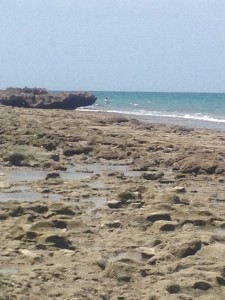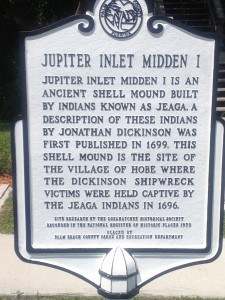A few weeks ago I noted that Bob Dylan just released a soundtrack for my work in progress on shipwreck. Now that I’ve been through the album a half-dozen times, plus had a look at the lyrics for the long title track about the Titanic, I think my joke was pretty right on. I’m sure I’m not the only academic of a certain age for whom Dylan’s been providing an intellectual soundtrack for some decades, but it’s quite amazing to find that razor mind directed at my current obsession.
I’m tempted now to hijack the song “Tempest” for my shipwreck project, and maybe weave it into an eco-presentation for GWMEMSI this coming spring. Who knew that shipwreck ecologies was a waltz?
So: a few preliminary notes on the song, and incidentally on Shakespeare too.
Amid the usual character-salad the song presents, from “Leo” (we know who that is!) to Wellington to Jim Dandy to the gamblers “Calvin, Blake, and Wilson” (also theologian, poet, and soon to-be US President when the great ship went down?), the key figure in the song is “the watchman.” He’s the one who appears four time as semi-chorus and structures the long narrative ramble. None of the other figures gets a return visit, except Leo by which point “he’d lost his mind already / Whatever mind he had.”
Each watchman verse starts the same way, “The watchman, he lay dreaming…”, which of course sends us Shakespeareans right to Prospero in Act 4. When this eyes-closed figure “dreamed the Titanic was sinking,” in the other repeated line, 3rd in the 4-line stanza, he sounds like a magus who’s lost his art. Familiar? I thought so.
The movement across the four watchman stanzas takes us from “ballroom dancers” and a vision of “the underworld” (stanza 6) to the watchman’s and ship’s bodies tilted together “at 45 degrees” (stanza 16) to recognizing that “the damage had been done” coupled with a futile desire at this point “to tell someone” (stanza 37) to, in the concluding stanza, a vision of loss and possibility:
The watchman he lay dreaming
Of all the things that can be
He dreamed the Titanic was sinking
Into the deep blue sea.
The watchman traces the disaster from distant knowledge to bodily experience, epic possibility to unanswered need. He watches, but he can’t tell.
Why a watchman? In historical metaphor he’s the one who missed seeing the iceberg, but in Shakespearean terms, or maybe I should say in my terms, it’s a demotion of Prospero from all-controlling magus to passive dreamer. In Dylan’s world, shipwreck must be all and only divine —
There is no understanding / Of the judgement of God’s hand
The wizard makes another brief appearance in stanza 32 — “In the long and dreadful hours / The wizard’s curse played on” — which phrase has a darkly playful taste of a bad theater or performance review. But I’m struck by how much the song writes Prospero out. A song without a hero. (Which, come to think of it, is what Thomas Hardy does with the Titanic also.)
The eco-point, perhaps, might be about how the direct encounter between human bodies and the ocean generates a powerful intellectual craving for distance, perspective, a story that explains the cause of the disaster. Tell me the cause, Muse! We, like the people Dylan sings about “at the landing,” retreat from the disaster and “try to understand.” But the wetness of the encounter — the brute physicality of shipwreck — won’t let us. “There is no understanding,” which is to say, in my terms, no final dryness. This song, this disaster, the oceanic history that stories like the Titanic open up, won’t let the living reach a stable rest. Or, to put it another way, the only stability in shipwreck is on the sea-floor.
Our revels are now ended, but at sea there are no easy roundings.
Dylan must have been reading my mind or my blog, b/c his characters provide a who’s-who of my shipwreck project. Another character, Davey the brothel-keeper, sees the shipwreck as a historical hinge, “the changing of his world.” The bishop accuses the heavens, just like Anthony Thacher and Parson Avery in 1635. The “many, many others” see what I see in stories of shipwreck —
The ship was going under
The universe had opened wide…
Good music for thinking.
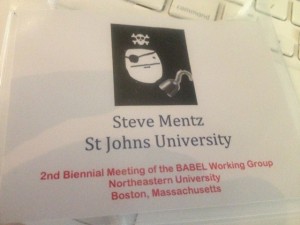

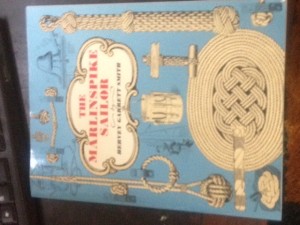
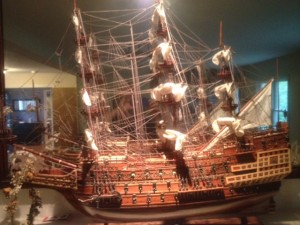




 The cherry on top was a delightful, experimental Midsummer done by
The cherry on top was a delightful, experimental Midsummer done by 

